This forward-thinking volume outlines several approaches to therapeutic treatment for individuals who have experienced complex childhood and adult trauma, providing a novel framework for helping patients with a number of challenging symptoms, with clinical hypothesis testing and solid therapeutic relationships as a vital foundation. Responding to the intense disagreement and competition among clinicians championing their own approaches, the book identifies the strengths and limitations of multiple therapeutic approaches, addressing the need for qualified clinicians to be versed in multiple theories and techniques in order to alleviate suffering in their clients.
Among the topics discussed:
- How to choose specific therapeutic methods and when to shift techniques
- The neurobiology of trauma and management of fear
- Cultural and ethnic considerations in trauma treatment
- Addressing avoidance and creating a safe therapeutic environment
- Management of dissociation, substance abuse, and anger
Treating Complex Trauma: Combined Theories and Methods serves as a practical guide for clinicians looking to expand their knowledge of approaches for treating complex trauma. It aims to provide clinicians with options for different therapeutic methods, along with the necessary context for them to select the most effective approach in their treatments.
“For the first time in the professional literature we are finally afforded a clear, cogent, and detailed explication of complex trauma and the multifaceted parameters of treatment. Dr. Tamara McClintock Greenberg provides perspicacious insight and clinical wisdom only a seasoned career therapist can yield. Offering sophisticated and nuanced distinctions between complex trauma and PTSD, she shows how treatment is necessarily contextual and tailored to the unique clinical and personality dynamics of the sufferer that is thoroughly client specific within the therapeutic dyad. She dispenses with simplistic and supercilious attitudes that embarrassingly boast a uniform or manualized treatment to trauma, instead carefully taking into consideration polysymptomatic, neurobiological, and socialcultural differences that inform the interpersonal, emotional, and safety milieu from the beginning of treatment to stabilization, the working-through process, and then onto successful recovery. This is a must-read book for those in training and senior clinicians alike.”
–Jon Mills, PsyD, PhD, ABPP, Faculty, Postgraduate Programs in Psychoanalysis & Psychotherapy, Adelphi University, NY; author of Treating Attachment Pathology
“Dr. Greenberg has written an invaluable book on treating complex trauma. She delves into multiple approaches, assessing what techniques the client can tolerate at a given therapeutic stage. She covers how to maintain consistency and connection through a flexible approach and avoid pitfalls. This is a must read for clinicians wishing to treat clients with complex PTSD.”
–Louann Brizendine, MD, Clinical Professor UCSF; author of The Female Brain

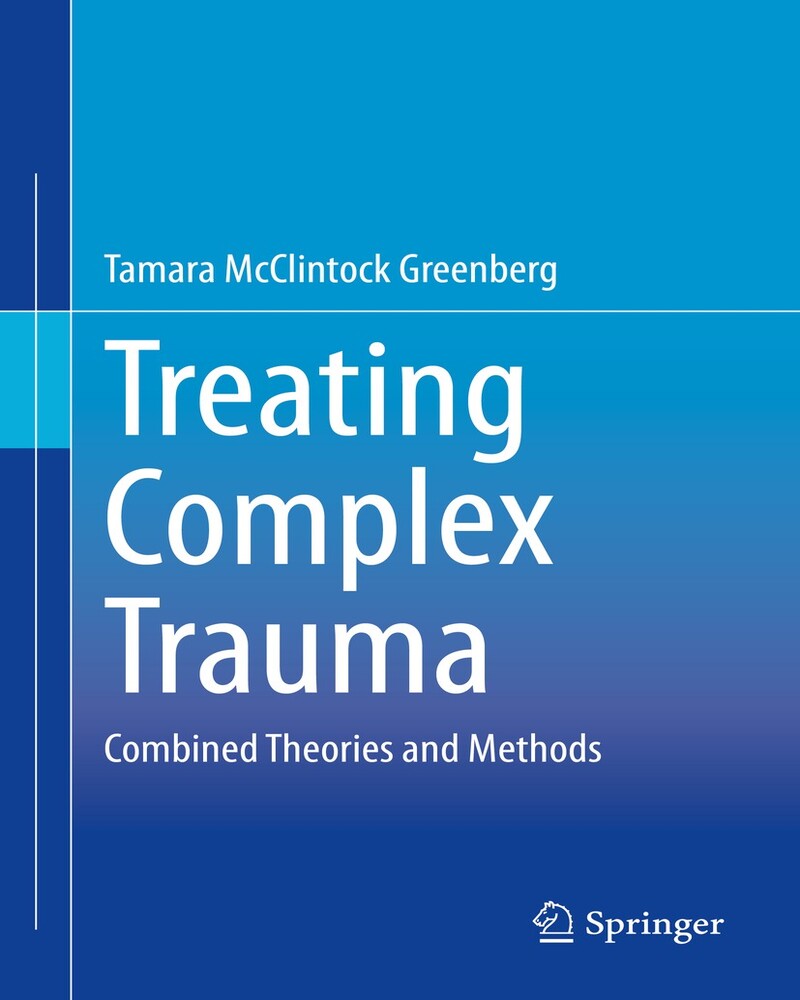
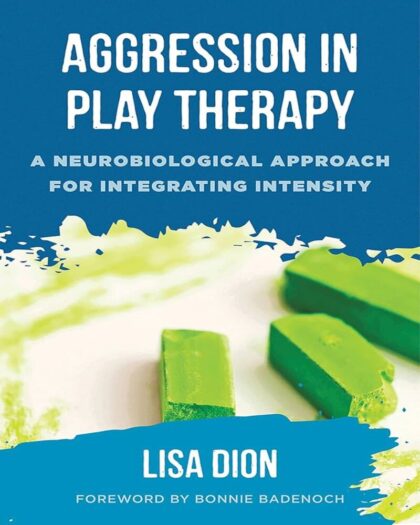
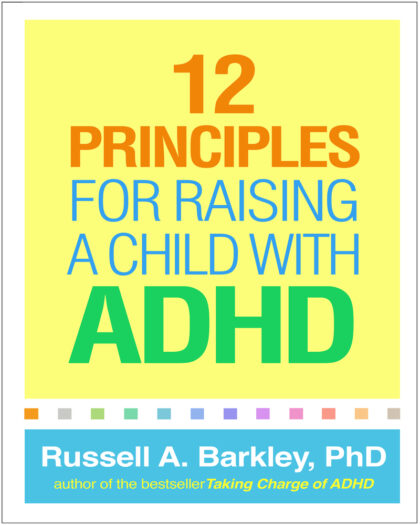
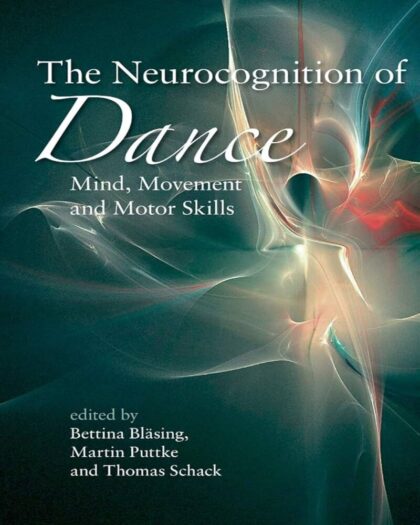
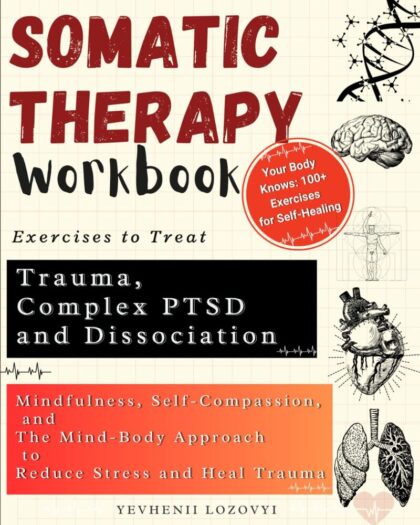
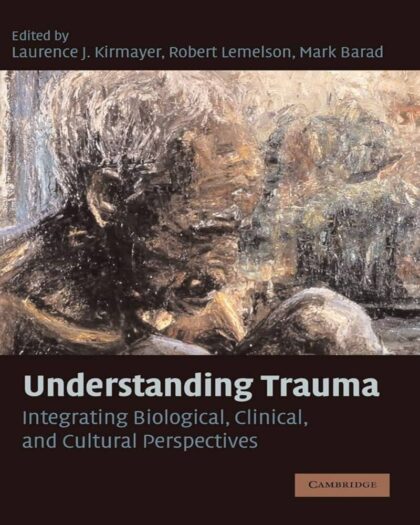
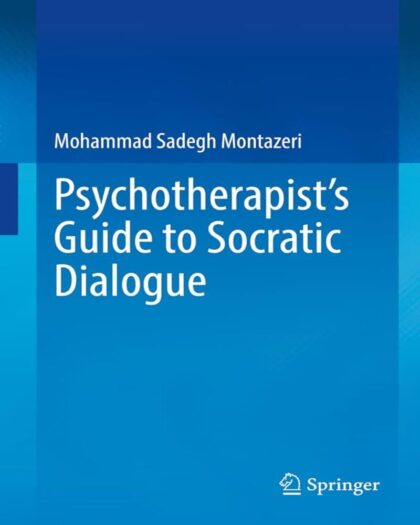
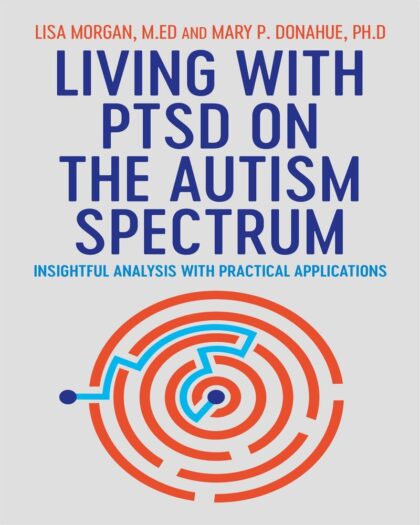

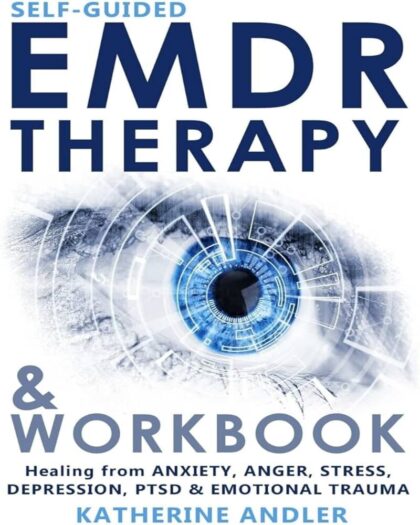
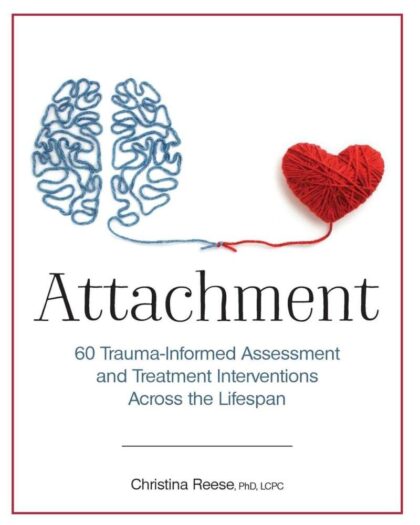
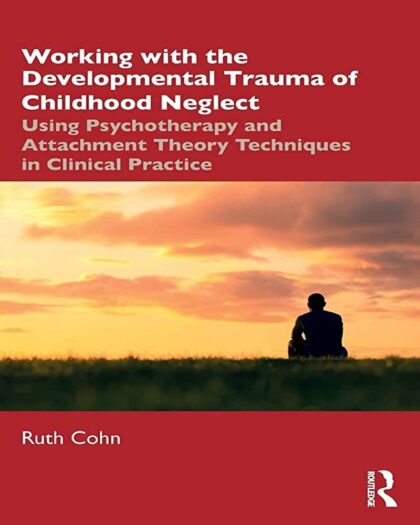
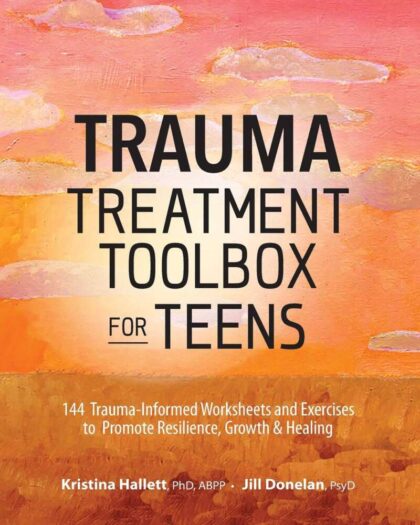

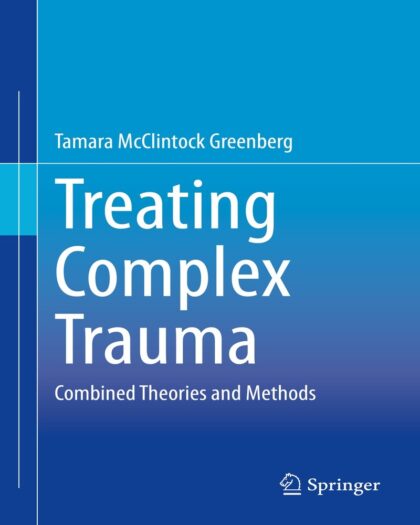
Reviews
There are no reviews yet.